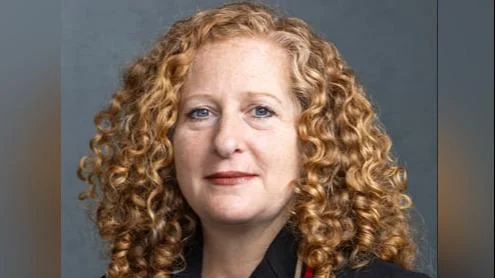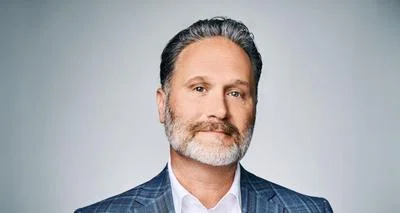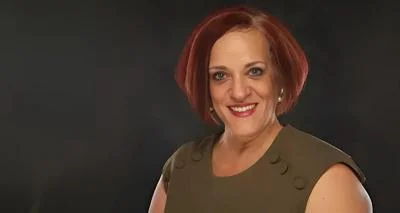Jennifer Mnookin Chancellor | Official website
Jennifer Mnookin Chancellor | Official website
At the Universities of Wisconsin Board of Regents meeting on February 7, a panel comprising entrepreneurs, university leaders, and business experts emphasized the importance of focusing on founders in UW–Madison's approach to entrepreneurship. The discussion was led by Professor Jon Eckhardt, special advisor to the chancellor for entrepreneurship.
Eckhardt highlighted a new vision for supporting students, faculty, and alumni in launching businesses. "We need to lean into entrepreneurship so our faculty, students, alumni and state can learn to leverage technologies and shape the future economy of the state and the world instead of being shaped by it," he stated.
The Wisconsin Entrepreneurship Initiative is spearheaded by Eckhardt based on recommendations from a study commissioned by Chancellor Jennifer L. Mnookin. Mnookin remarked that UW–Madison aims to become a premier institution for aspiring entrepreneurs. "This is another area where we have opportunities to magnify our already tremendous economic impact on Wisconsin and move life-changing innovations out into the world," she said.
The initiative focuses on recruiting founders into Wisconsin and helping them develop their ideas into companies. Wes Schroll, CEO and co-founder of Fetch, shared his experience starting his business while attending UW–Madison. He believes that ensuring entrepreneurs have positive experiences will significantly benefit the state and university.
Jessica Martin Eckerly, CEO and co-founder of Forward BIOLABS, discussed expanding programming around entrepreneurship for students at UW–Madison. She noted that exposing more students to business concepts could encourage them to pursue entrepreneurship.
Kieran Furlong, CEO and co-founder of Realta Fusion, emphasized the role of UW–Madison and WARF in supporting entrepreneurs like himself. "It's no exaggeration to say that without the University of Wisconsin–Madison, and without WARF, Realta Fusion would not exist," he said.
Erik Iverson, CEO of WARF, mentioned that WARF receives about 400 new inventions annually from across campus. He stressed that while entrepreneurship complements WARF's focus on technology transfer, it is not their primary mission.
Looking ahead, Schroll sees an opportunity for Wisconsin's entrepreneurial profile to attract capital from other regions. Eckerly expressed optimism about UW–Madison’s efforts in advancing entrepreneurship within Wisconsin.
"I want to see this happen for Wisconsin," Eckerly stated. "We can do this, and there’s so much more that we can do."






 Alerts Sign-up
Alerts Sign-up